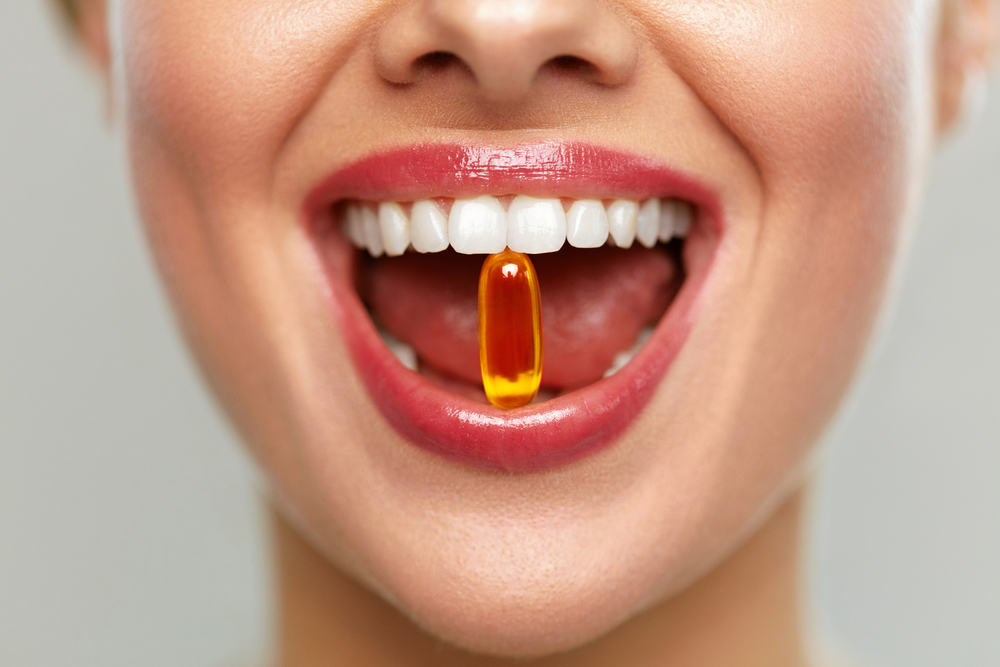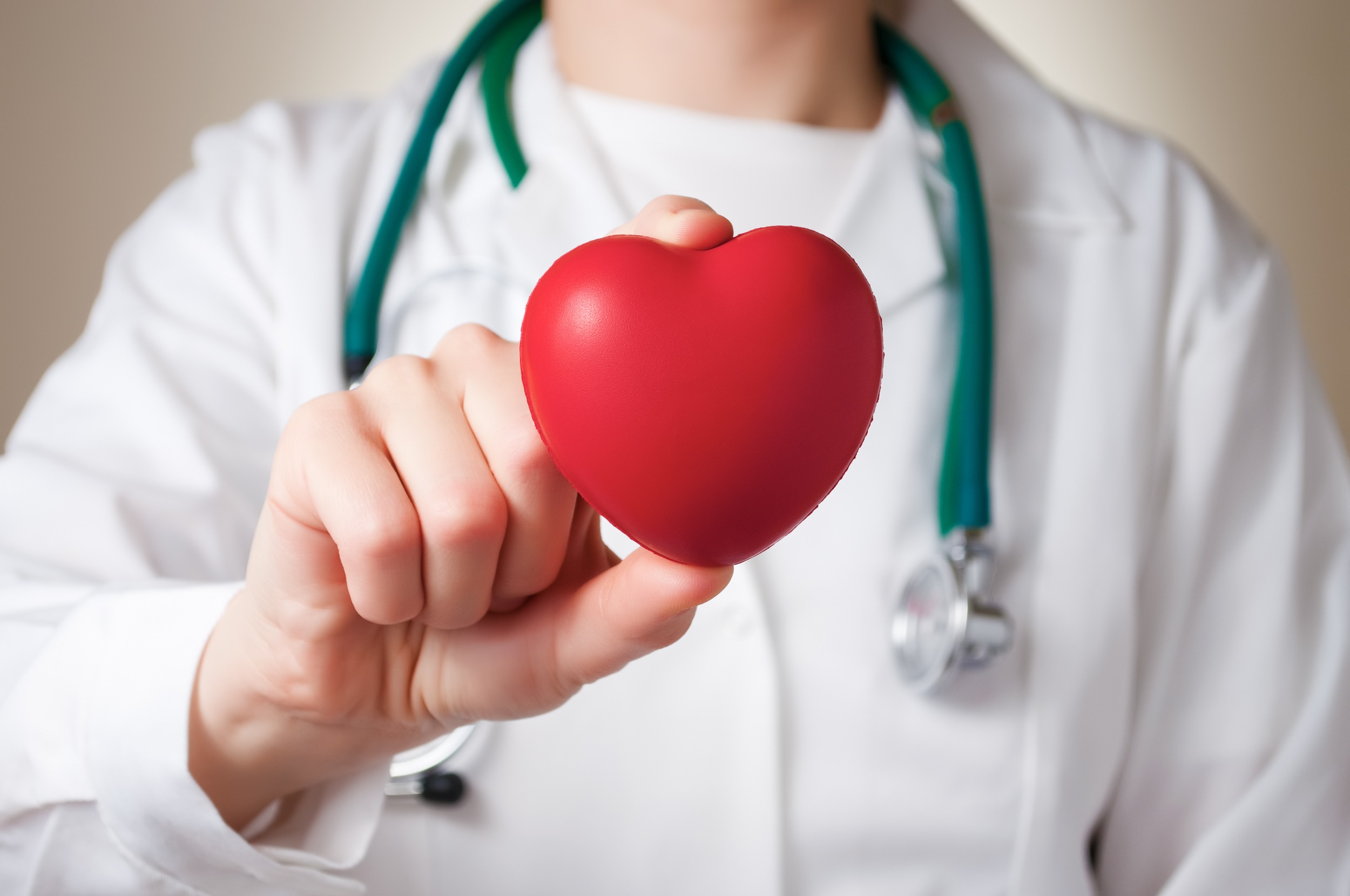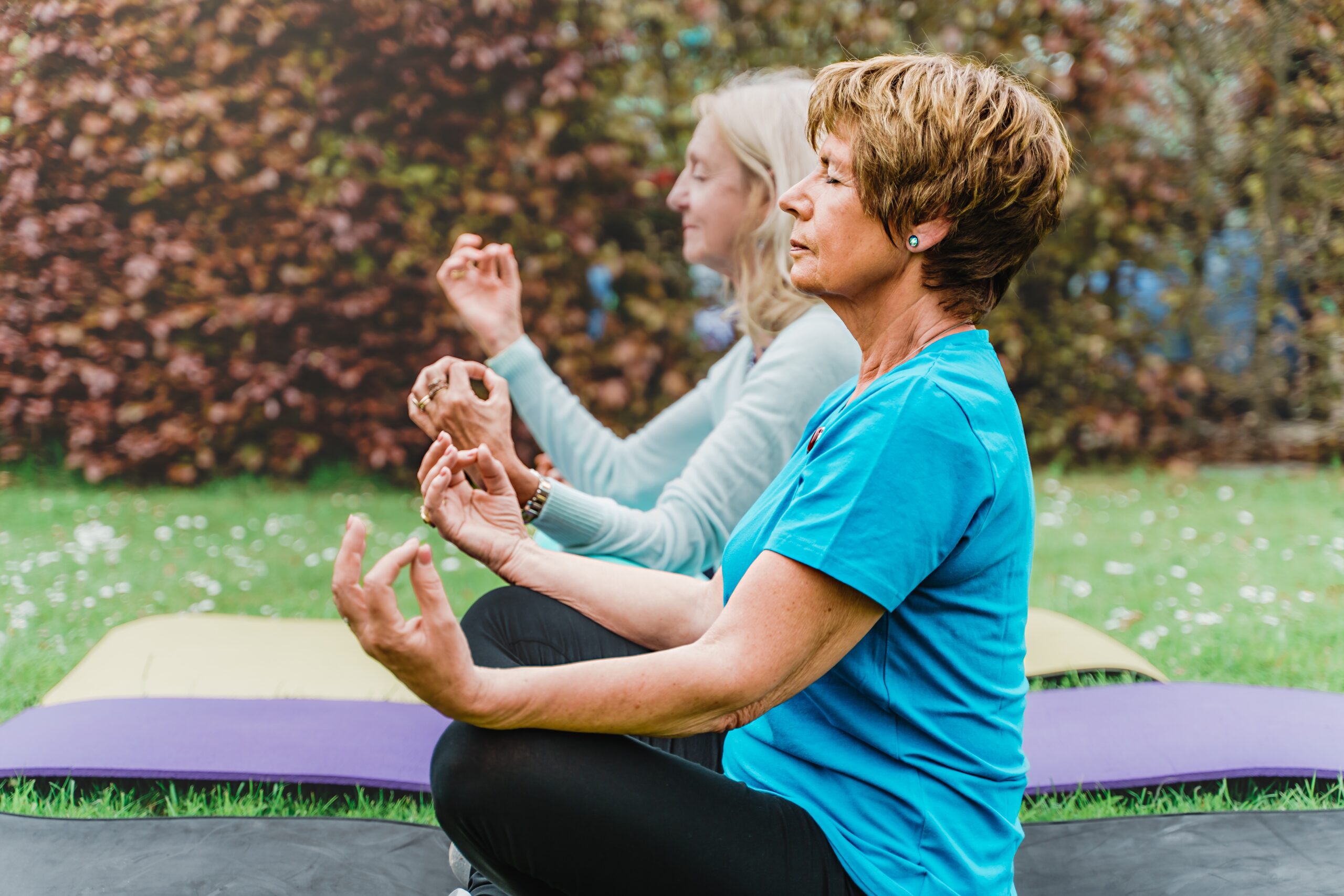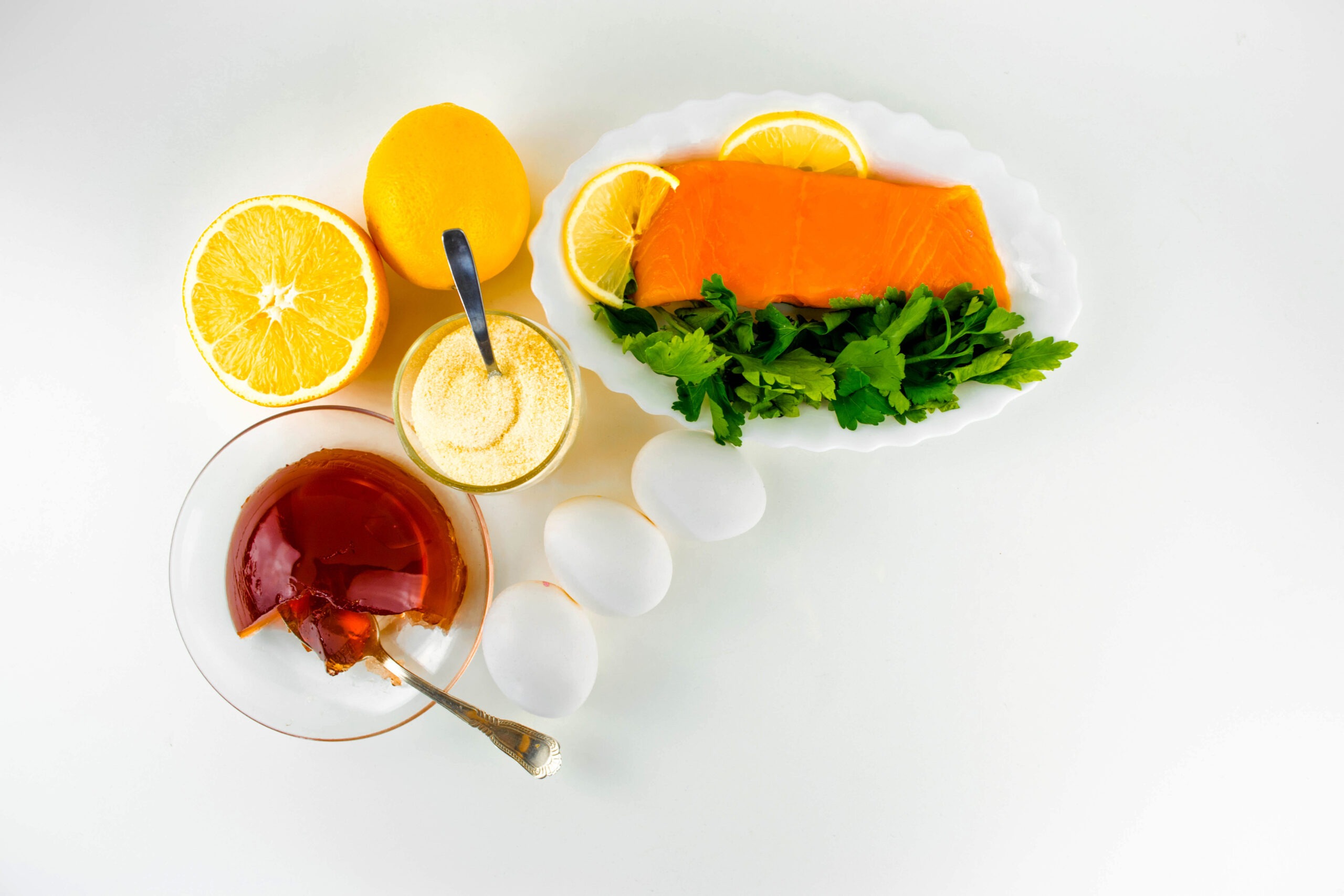It’s not easy to make sure our bodies get enough of the vitamins and minerals we need to feel our best on a daily basis, and it’s also difficult to get the proper amount of exercise to stay in ideal condition. But one is tied into the other, as those who do exercise regularly sometimes require more than the required daily allowance of some vitamins and minerals in order to keep from becoming deficient.
Bronx Center for Nursing and Rehabilitation has a look at five common vitamin and mineral deficiencies among active people.
- Vitamin D
Vitamin D deficiency is the most common in the United States because it’s very difficult to get enough through food alone. Besides fatty fish (tuna, salmon, and mackerel) and dairy products, the sun is a good source of vitamin D. Most people, however, need to supplement with 1000 to 2000 IU of vitamin D3.
- Vitamin C
Especially now, having proper levels of vitamin C is critical in order to keep the immune system working at its best. Fruits and vegetables are great sources of vitamin C, especially citrus, tomatoes, strawberries, pineapples, peppers, cantaloupe, and broccoli.
- Vitamin E
Vitamin E protects the cells in your muscles and lungs, which are the targets of your workouts. This is more of an issue for active people on a low-fat diet, as vitamin E is found in good-fat products like olive oil and nuts. Eggs and leafy greens are also good sources, which you are better off getting through food than supplements.
- Magnesium
Magnesium is essential for muscle and nerve function, regulating blood pressure, and processing carbs and fats for fuel, among other uses. But working out hard, especially outside in the heat, will cause you to lose magnesium through sweat, so it’s said that you should get 20% more than the daily recommended allowance. Green leafy vegetables, nuts, seeds, and whole-grain are good sources, and it’s also suggested to take a 400mg supplement if you’re very active.
- Iron
Active people lose iron through sweat and red cell blood breakdown during exercise, which can lead to iron-deficiency anemia and leave you feeling constantly fatigued. Meat, poultry, and seafood are all great sources, and if you eat them with good sources of vitamin C, your body will absorb the iron much better than it would normally.
To learn more about Bronx Center for Rehabilitation and Nursing and all of the services they offer, visit http://bronx-center.facilities.centershealthcare.org/.






